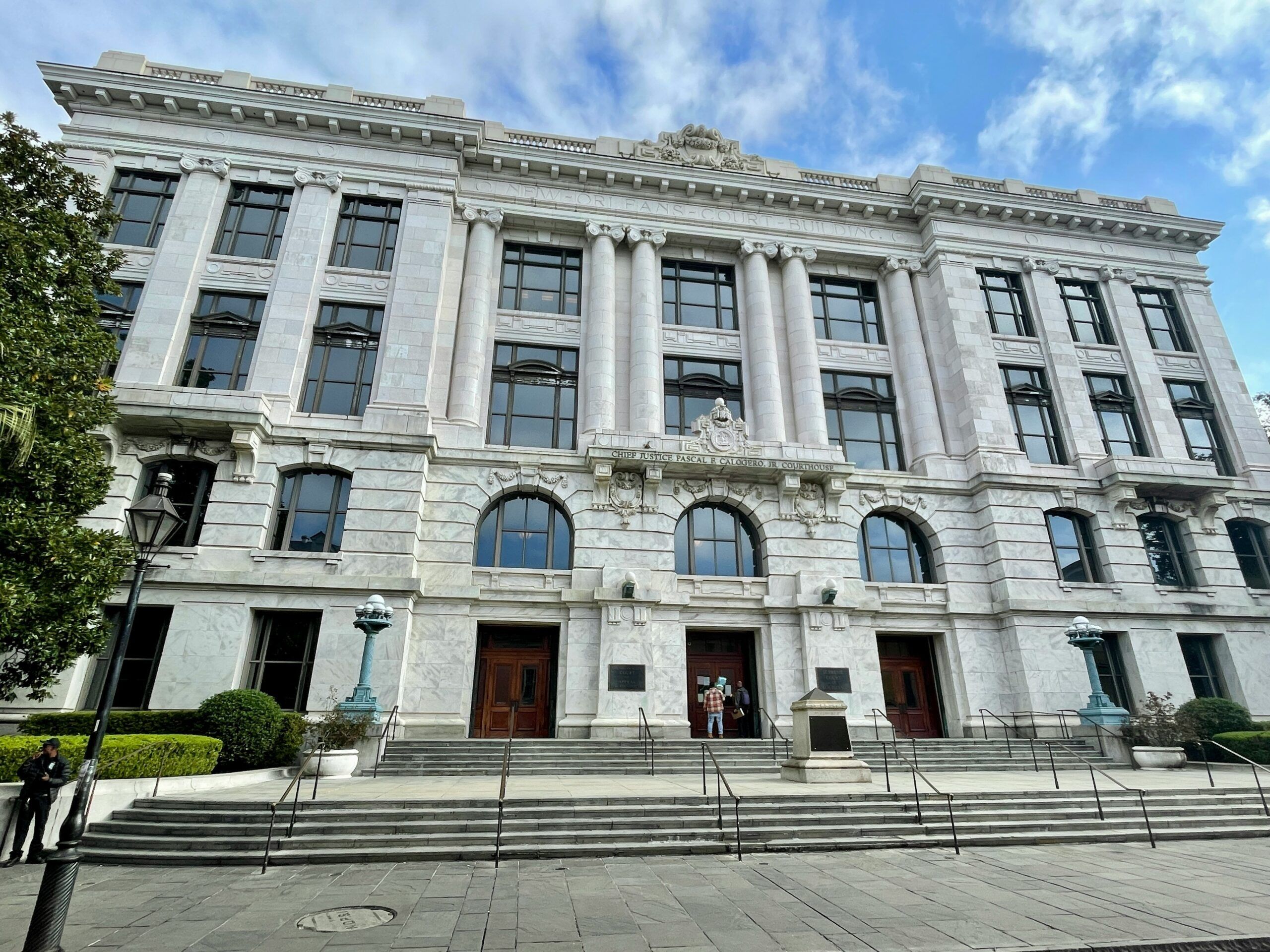April 2022 LEMR Article
This article is featured in Volume 3, Number 4 of the Legal Ethics and Malpractice Reporter.
On The Supreme Court of Ohio issued an opinion on February 12, 2020, in a disciplinary case in which a lawyer, Natalie J. Bahan, was accused of violating the prohibition against direct solicitation under Ohio Rule 7.3(a) as well as Ohio Rules 8.4(d) (prohibiting behavior prejudicial to the justice system) and 8.4(h) (prohibiting conduct that reflects a lawyer’s unfitness to practice law).[1]
Ms. Bahan made an unsolicited visit to a woman who was accused of murdering her husband and who was incarcerated at the time of the visit. Ms. Bahan had no prior acquaintance with the accused nor did the accused request that she visit. Ms. Bahan learned of the woman’s problems on the Internet. She also sought out an experienced criminal lawyer and asked whether he believed that she could visit the accused. He apparently told her that he saw no problem with her plan. The opinion points out that there was some dispute over when Ms. Bahan sought out this advice and when and whether she discussed the ethical issues, including whether Ms. Bahan and the more experienced lawyer had any plan to charge the accused a fee.[2]
The Columbus Bar Association charged Ms. Bahan with the three ethical violations noted above. At her hearing before a disciplinary panel appointed by the Ohio Board of Professional Conduct she testified that she believed that she had not violated any of the three Rules cited because she had wanted only to counsel the accused about her rights because she believed that the accused might have been acting in self-defense against domestic violence. She also testified that she had no thought of pecuniary gain in visiting the accused and that she saw the representation of the accused as an opportunity for her to gain trial experience. In addition, Ms. Bahan stated that she sent the accused a bill “only at the request” of the accused. The panel found insufficient evidence that Ms. Bahan had violated Ohio Rules 8.4 (a) of 8.4(h). They did, however, find that she had violated Ohio Rule 7.3(a) and recommended a stayed six-month suspension of her license. Ms. Bahan appealed.
The Ohio Supreme Court agreed with the panel’s finding. The Court found several facts to be significant. Briefly summarized, the Court found that Ms. Bahan presented the accused with a proposed fee agreement at her second meeting, and that fee agreement listed Ms. Bahan as the accused’s sole attorney, even though the accused mentioned that she was considering hiring another lawyer (the more experienced criminal defense lawyer Ms. Bahan had consulted, who eventually informed her that he could not represent the accused). At a later meeting with the accused’s daughters, Ms. Bahan also discussed the accused’s financial condition, although Ms. Bahan later testified that she did this in order to discover whether the accused was eligible for appointed counsel. Ms. Bahan filed a motion of appearance and several other motions in the accused’s case. Eventually, the accused chose another lawyer to represent her. Ms. Bahan withdrew from the case. She then contacted the accused’s family and stated that she “hoped” that they would pay her for the work she had done. They did not, and she did not pursue the accused for payment. On these facts, the Ohio Supreme Court found that Ms. Bahan had, indeed, violated Ohio Rule 7.3(a). They stated:
Although Bahan claims that gaining trial experience and improving her trial skills were the motivating factors for contacting Kennedy, because Bahan expressed her desire to be compensated for the time she had spent on the case and sent a bill for her services, she nonetheless committed a violation.[3]
The Court, after discussing Ohio Rule 7.3(a) and its preventative purpose, stated:
Bahan’s assertions that she sent Kennedy a bill only at Kennedy’s request, that she did not attempt to collect any payment of that bill, and that the grievance in this matter was not filed by Kennedy demonstrate that Bahan either misunderstands the rule or that she lost sight of her ethical duty. Prof.Cond.R. 7.3(a) places an ethical duty on attorneys to refrain from in-person solicitation under certain circumstances. It is a preventative rule, and a violation of the rule does not turn on whether the prospective client was harmed. Ohralik, 436 U.S. at 463, 98 S.Ct. 1912, 56 L.Ed.2d 444. Rather, a violation of the rule turns on the attorney’s conduct.[4]
Notably, while the court upheld the panel’s judgment that Ms. Bahan had in fact violated Ohio Rule 7.3(a), it did not impose the panel’s proposed sanction. Instead the Court decided that a public reprimand was an appropriate sanction. After discussing a number of Ohio cases on disciplinary sanctions, the Court stated:
Considering the misconduct and sanctions imposed in these cases, we think that a public reprimand is an appropriate sanction in Bahan’s case. The board found, and we agree, that Bahan’s ethical violation was a single incident involving a single prospective client and that it did not result in financial harm to Kennedy. Bahan’s refusal to acknowledge the wrongfulness of her conduct is not enough, on its own, to justify an increase in sanction from a public reprimand. Bahan has had no other disciplinary matters filed against her, and she is respected as an attorney in her community. Despite Bahan’s refusal to acknowledge the wrongfulness of her conduct, she stipulated to the facts of the case, she made a full disclosure to the board, and she was cooperative with the disciplinary investigation.[5]
One lesson to be learned from this case is that, despite the best of intentions, engaging in unsolicited contact with potential clients without strictly observing the requirements of Rule 7.3(a) will not be tolerated by courts.
References:
- Columbus Bar Association v. Bahan, 159 Ohio St.3d 479, 152 N.E.3d 189 (Ohio 2020).
- Bahan, 159 Ohio St.3d at 483.
- Ibid. at 483.
- Ibid. at 484.
- Ibid. at 486. Unfortunately, Ms. Bahan found herself in disciplinary trouble again. See Columbus Bar Association v. Bahan, 2022 Ohio 1210 (Ohio 2022).
About Joseph, Hollander & Craft LLC
Joseph, Hollander & Craft is a premier law firm representing criminal, civil and family law clients throughout Kansas and Missouri. When your business, your freedom, your property, or your career is at stake, you want the attorney standing beside you to be skilled, prepared, and relentless. From our offices in Kansas City, Lawrence, Overland Park, Topeka and Wichita, our team of 20+ attorneys has you covered. We defend against life-changing criminal prosecutions. We protect children and property in divorce cases. We pursue relief for victims of trucking collisions and those who have suffered traumatic brain injuries due to the negligence of others. We fight allegations of professional misconduct against doctors, nurses, judges, attorneys, accountants, real estate agents and others. And we represent healthcare professionals and hospitals in civil litigation.












